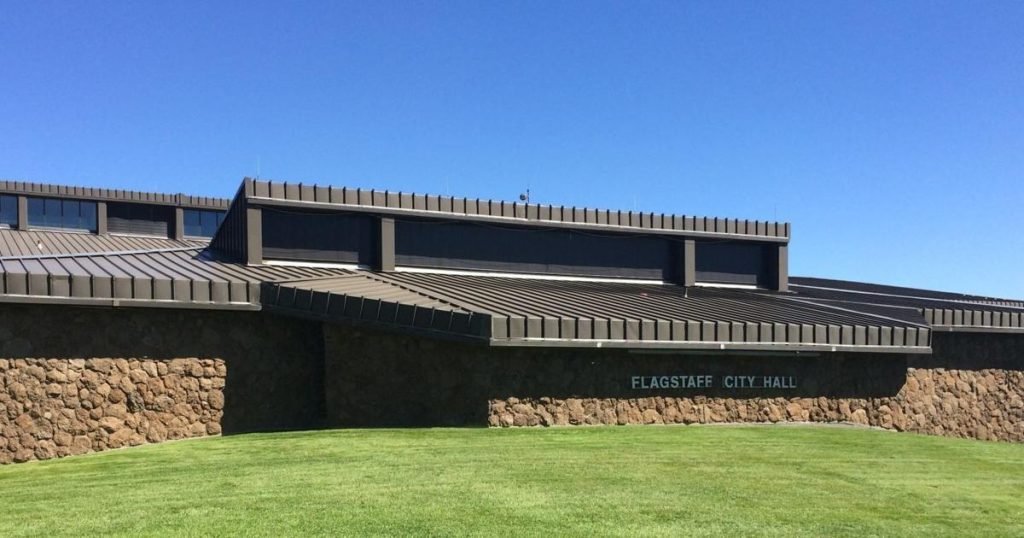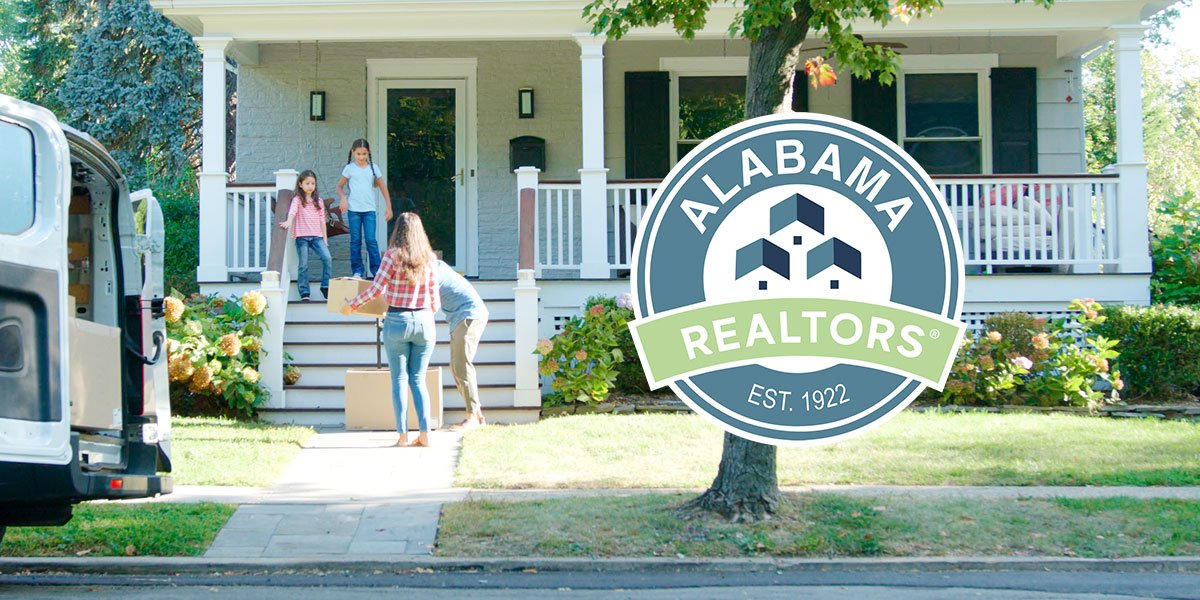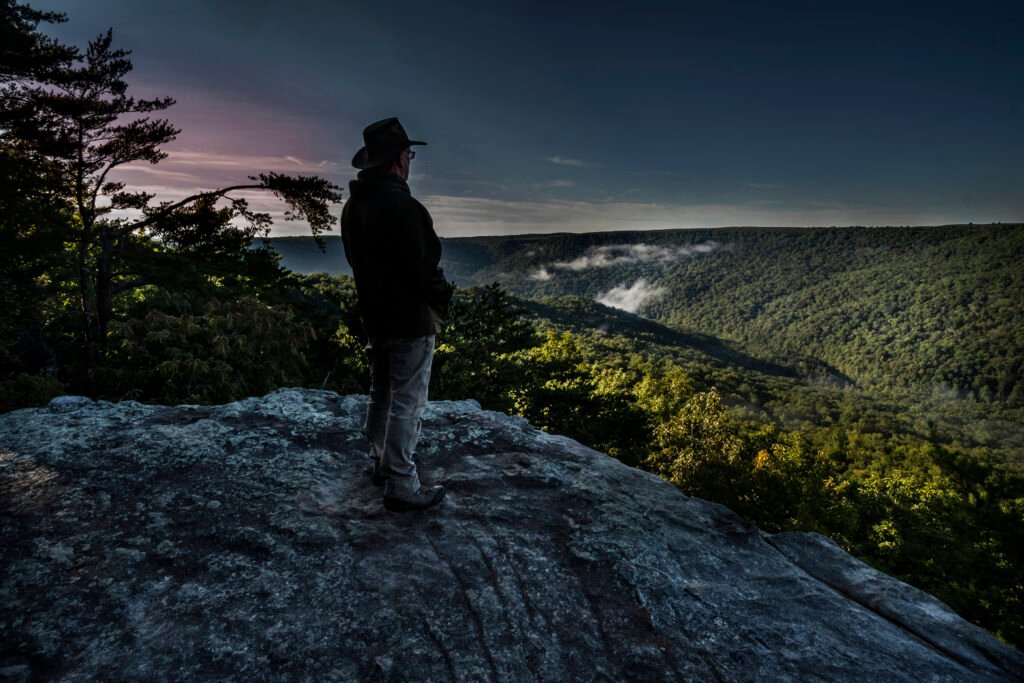Flagstaff may introduce new regulations for short-term rentals this year.
Last week, the Flagstaff City Council discussed the initiative and a plan of action prepared by officials.
The measure requires a $175 annual license for renting residential space for less than 30 days.
The move comes after Coconino County is also considering regulating short-term rentals and Arizona has lifted a measure that prevented local governments from regulating short-term rentals.
In early spring, the city held an open house to discuss the issue of short-term rentals with residents and gather input on potential restrictions on such rentals.
City officials say they want to work with the county to ensure both regulations work together toward the same goal.
Others are reading…
There are currently 1,045 individual short-term rental properties in Flagstaff, according to the city. Of these, 731 are already registered with the city.
These figures represent approximately 3.3% of all homes and apartments in the city of Flagstaff that declared a housing emergency in November 2020.
This is slightly higher than the average number of cities in the Valley, and typically sits between only 1-2% of the housing stock used for short-term rentals. However, this is significantly lower than some other communities in northern Arizona. For example, an estimated 10% of Sedona’s housing stock is used for short-term rentals.
The current ordinance the city is seeking to pass would replace the registration of short-term rentals with the compulsory licenses the city requires to operate such rentals.
Each individual short-term rental requires its own license. This means that if an individual operates 3 short-term rentals in Flagstaff, all 3 will require a license.
The license costs $175 and is valid for one year, at which point the owner must obtain another license for the rental, said Rick Tudder, director of city management services.
The state has set a potential fee cap of $250.
Tudder said the licenses are issued annually so the city can keep up to date on the number of short-term rentals in the city and emergency contact information related to those rentals.
The penalty for not obtaining a license is $1,000 per month after 30 days’ notice from the City to the owner, during which time the license can be obtained.
Rental property owners are required to provide the city with some information, including an emergency contact number who can contact the city 24/7 and respond when problems are reported to the city. Additionally, these contacts must be available in person or over the phone within 60 minutes of a call requiring a police response.
The license also requires owners to notify neighbors of short-term rental agreements. Neighborhood residents will also be provided with information on how to notify the city or the owner if there is a problem with the rental.
City council members have warned that disgruntled residents of short-term rentals may seek to abuse the system by harassing rental property owners, even when no real problems have arisen. I was particularly concerned.
“Some people keep complaining about things that aren’t really justified,” said City Councilman Lori Matthews. “How do you protect that short-term rental owner from being harassed by someone who hates what they’re doing and wants to bother you 24/7?”
Flagstaff Police Chief Dan Musselman said in some ways the problem already exists. The department has an experienced resident who makes repeated complaints about nearby short-term rentals that prove to be unfounded.
This problem could possibly be alleviated by a system the city is considering putting in place that will give residents access to a grievance hotline. A hotline representative will then contact the owner.
If a complaint is recorded and found to be accurate, the rental property owner may be charged with violations related to public safety or city ordinances. For example, if an owner fails to clear the sidewalk in front of a short-term rental property after a heavy snowfall, it is a violation of public safety and could result in short-term rental charges, said senior city official Anja Wendell. . lawyer.
Short-term rental property owners will have an opportunity to fix the problem before the city takes action to address the problem itself.
Several local owners of short-term rentals expressed concern about the initiative.
“To be honest, I think it’s just an expense for the city and I really don’t see where it will have a productive payoff,” one short-term rental owner told the city council.
Since January 2021, the city has been trying to register short-term rental properties within Flagstaff, but this is primarily for data collection purposes only.
Short-term rental properties are already treated differently by the city than other residential properties.
For example, a short-term rental within Flagstaff is treated as a business, so you pay business-related taxes such as city bed, meal, and beverage taxes. This tax is also levied on other businesses aimed at tourism, such as hotels, restaurants and bars.
Colorado ski town Steamboat Springs is part of a wave of vacation villages across the country facing a housing crisis, grappling with how to regulate the short-term rental industry that’s causing it. Rental properties like this are becoming increasingly popular among second home owners who want to offset the cost of their vacation home and make a profit while away. But some say it’s straining the limited housing supply in small towns and driving up rents for full-time residents.
Get local news delivered to your inbox!
Subscribe to the Daily Headlines newsletter.
















